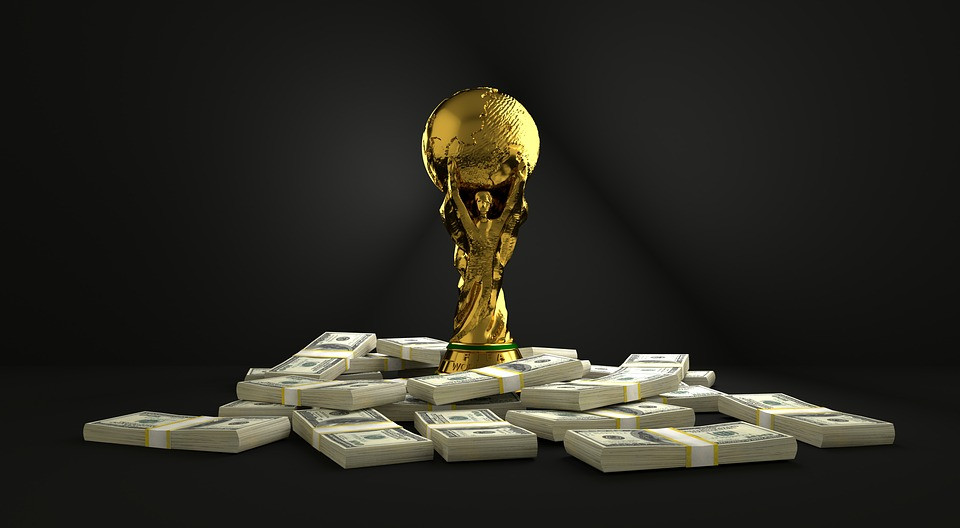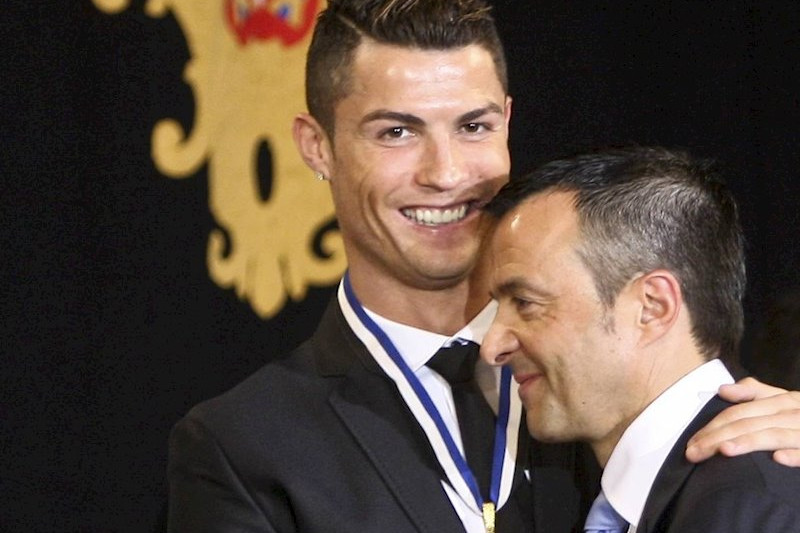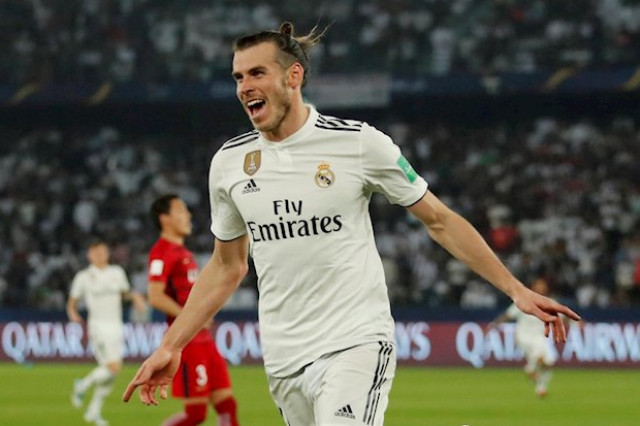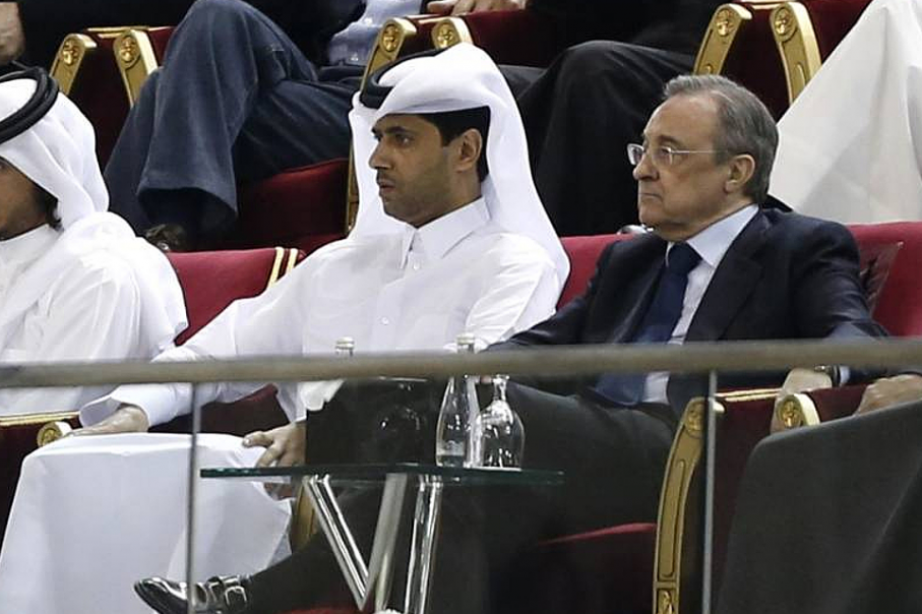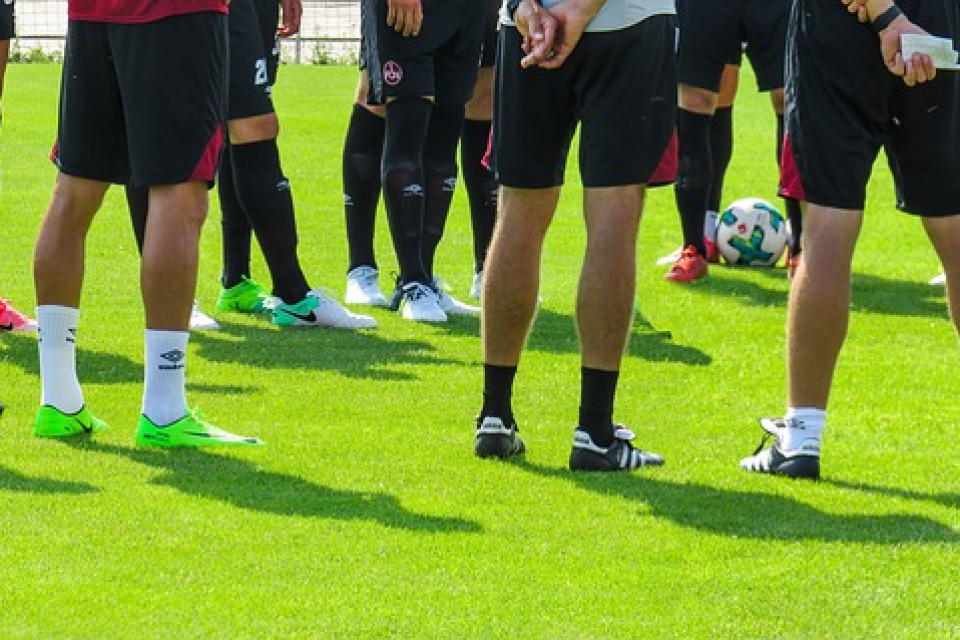Talking about football is like talking about religion, politics, sociology and, of course, economics. Football, called the king of sports, is a big industry that generates vast profits. Is it really a sport? It's something even more than that.
Karl Marx coined the phrase "religion is the opium of the people", and had he been born a little later, his phrase would have been "football is the opium of the people". For some fans, football is more than a religion that fills up stadiums - it brings together millions of people in front of the television whoalso buy products related to the stars and their favourite football team.
Football could be considered to be the seventeenth-largest world economy and the principal leisure industry in countries such as Spain. Of every ten Euros generated by the Spanish economy, twocome from La Liga, the Football League.Footballaccounts for more than 1% of Spanish GDP. The football economic sector is growing faster than the national economy as a whole. This is due to the income that clubs receive from sports broadcasts, sponsorships and merchandising. Although this income is supplemented substantially by sponsorship from big-name brands, it does not prevent them from having debts with suppliers and the Treasury. Many of them have had to deal with the club being bought by foreign capital from Arab, Chinese and, to a lesser extent, Russian countries. It is said that the teams collectively have debts of more than 4,000 million Euros, 200 of this with the Tax Agency. Sociologist, historian and journalist David Godblatt believes that "the idea of privatizing clubs is a big mistake."
There have been many transformations that have occurred in the world of football and all that revolves around it. At the stage in which Jose Luís Núñez was president of Barça, 80% of the club's income came from the sale of season tickets, the rest from advertising. Currently, the income sources have been inverted; brand advertising, and television rights represent the highest portion of revenues atmore than 80%.
Season ticket holders-members- now have lesser weight. Perhaps this is why those who broadcast the gamescall the shots as regards the days and times on which the games are to be played.
Is this good for football? On one hand, yes indeed, because thanks to this, the clubs can clean up their accounts. On the other hand, not at all, as there is an almost total dependence on this income source, a situation that is not very recommendable.
Corruption has been and continues to be one of thismost popular sport’s Achilles Heel. Even great national and international figures have been involved in it. The same as for match-fixing, and there are cases in which both players and managers were puton trial for these non-sporting actions. Not ethical, but economically beneficial.
A big football fan, the Uruguayan writer Eduardo Galeano said that “In his life, a man can change wives, political parties or religions but he cannot change his favourite soccer team.” Being "faithful" to their team is the most sacred thing for those who follow them. Why this almost unhealthy devotion from most fans?
Experts say that football is an escape valve, which allows them to forget all the hardships and stress enduredduring the week.
Is it the same to watch a game in the stadium than on TV? It seems not. The stadium-generated adrenaline is higher than that which occurs sitting in front a silly box. Being able to shout at the referee when they disallow a goal or allows a play that the crowd considers unfair cause outcries reminiscent of family conflicts. Letting off steam at the man in black lets fans leave the stadium in a lighter mood, love each other at least for the duration of the game, and forget about their own and the country’sproblems.
They say that when there is a game on, people worry less about other things. Governments are conscious of this and take advantage of it. The Roman poet Juvenal already said that "let the people have bread and circus" which is what the Roman Emperorsapplied. Many centuries have come and gonebut this premise remains, where the circus has given way to football. Not a few remember thatduring the Franco dictatorship of broadcasted games every Wednesday, there were some lukewarm trade union movements in factories and universities. Now, football is still the "people’s” circus.
We have an interview with Professor Gay de Liébanawhich you can read in this issue which affirms that, during the Football World Cup, there was no world economic crisis, becausethe fans werekept too busy to think about anything else.



